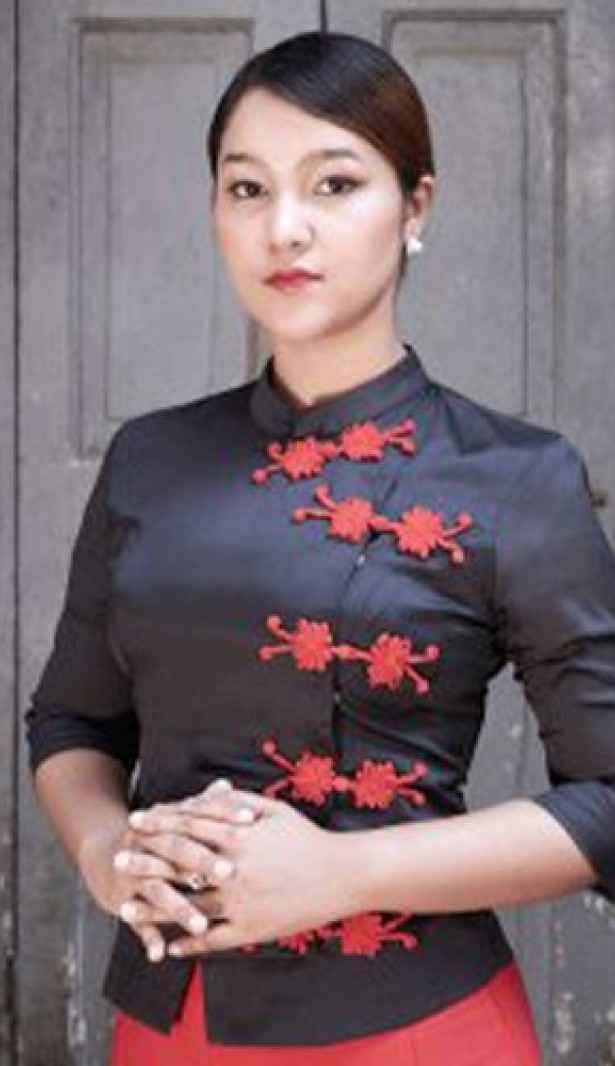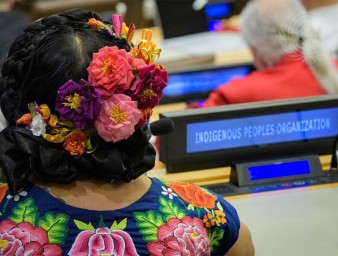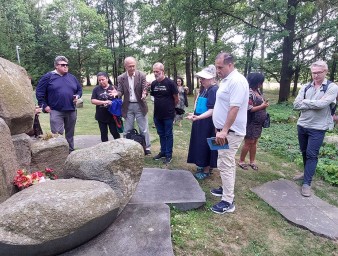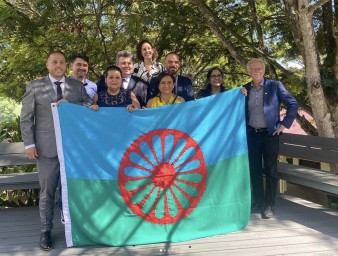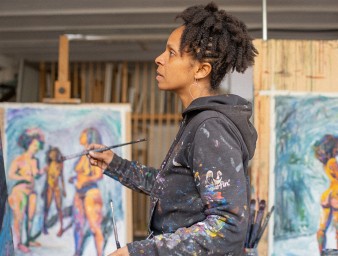Wai Wai Nu, Rohingya activist: "I am not free. My community is not free. My country is not free."
13 May 2019
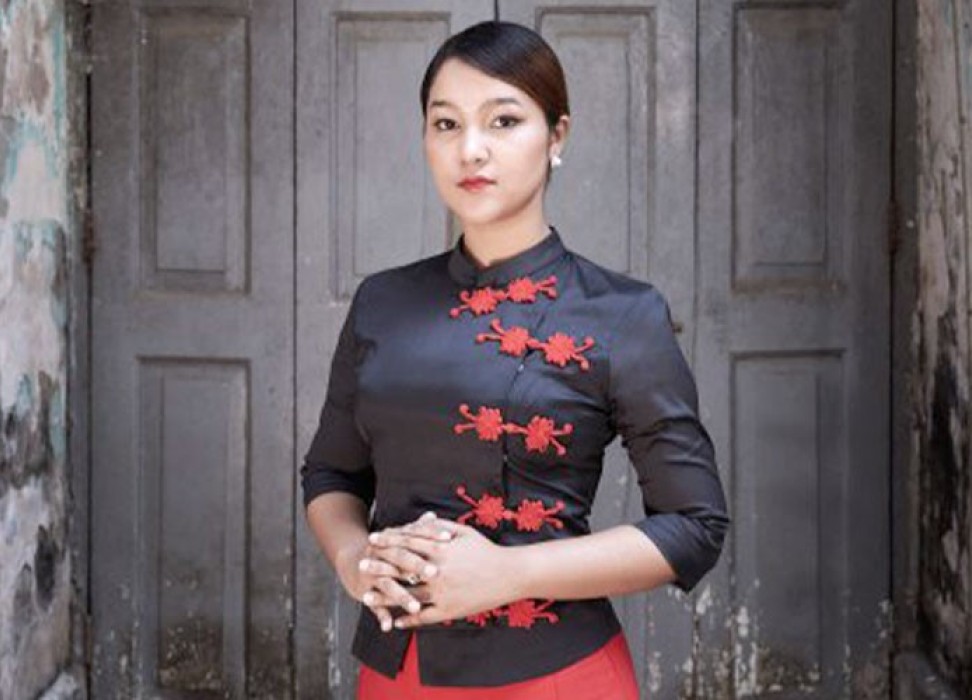
Wai Wai Nu had never committed any crime, but at 18, she was told she was going to prison. She had just started law school when the sentence was handed down to her father, and by consequence, to Wai Wai, her mother, sister and brother.
The family believed they would be released after a few months, but for seven years, they were forced to endure squalid, overcrowded conditions in Myanmar’s infamous Insein Prison. Her brother was sent to another prison.
According to the authorities, Wai Wai’s crime was being the daughter of Kyaw Min, a school teacher and political activist from Rakhine State in western Myanmar.
For the last few decades, northern Rakhine State has been the epicentre of crisis. Wai Wai’s family belongs to the marginalised Rohingya community, a community in Rakhine that continues to suffer persecution and mass displacement today. Since mid-2017, nearly one million Rohingya have fled to neighbouring Bangladesh.
In March this year, UN Human Rights High Commissioner Michelle Bachelet described a situation of ‘systematic discrimination and pervasive restrictions on freedom of movement’ when delivering the Office’s report to the Human Rights Council.
"When the judge first gave us our sentence, I didn’t cry, I didn’t want to show my sadness or weakness. I also didn’t want my parents to feel guilty about what happened to us. But when I arrived at the prison with my mum and my sister, we cried for three days.
"When we started the sentence, I had two more years of law school to go. Each day, at the time when school would have started, I felt like I was dying inside. No youth should go to prison without committing any crime. Their place is not prison, their place is at university."
Wai Wai finally earned her law degree when she left prison, graduating from Yangon East University. She looks back on her time in prison describing it as her ‘life university,’ and how it was one of the main triggers for her work as a human rights defender today.
"I realised how deep discrimination was towards women in all aspects of their life: access to education, to healthcare, to economy, to politics and to decision-making processes."
Today she travels the world, speaking publicly on the plight of Rohingya women and girls. She was recently in Geneva, presenting to the UN’s Committee for the Elimination of Discrimination Against Women. A recent report by the Committee shows an ongoing devastating situation for Rohingya women and girls, highlighting ongoing widespread atrocities– sexual violence, deprivation of nationality, restriction of freedom of movement, and a severe lack of access to healthcare, education and housing.
Despite repeated requests from the UN and the international community, the report notes that there ‘has been no evidence of measures taken to effectively prevent and address the human rights violations committed.’ As one example, it says Myanmar authorities continue to deny that any sexual violence has been committed, concluding that ‘no genuine efforts’ have been taken to hold perpetrators accountable.
Rakhine State: Two different worlds
Wai Wai and her family moved to Yangon in the early 90s, when she was eight years old. She remembers a Rakhine State not at all like that of today. Her friends at school were from many different religious and cultural communities, and so were her teachers.
"As a child, I didn’t feel the atmosphere of hate so much. We were also living in a city, so were removed from what was happening in the more remote areas. But then in the early 1990s, the systematic expulsions began – Rohingya public servants, including teachers, doctors, lawyers, and police officers were withdrawn from their duties. Today, the situation is completely different: the change is extraordinary, and it’s scary."
She started feeling discrimination herself as a Rohingya, and a Muslim, at high school when in Yangon. Wai Wai was a promising athlete, but because she was a Muslim, she was banned from entering sporting competitions at the national and state level. The curriculum talked only about Myanmar Buddhism, and did not acknowledge other religions or cultures in the country. The school also refused to facilitate her Myanmar identity card, although they processed the same cards for the Buddhist students.
"The government has introduced discrimination through the education system, and now the society has adopted it. In Myanmar, discrimination is so deep and it is embedded in the culture, mindset, and daily life," she says.
Fighting for the rights of women and girls
Wai Wai is currently residing in the USA, and last year earned her Master of Laws from the University of California, Berkeley. She says her life goal is to defend the rights of the women and girls of her community back at home.
Just because she is living in the US, she does not perceive that she has escaped safely. "I am not free. My community is not free. My country is not free. The situation for Rohingya girls and women is indescribable. I see it as a responsibility to make sure I help contribute to bring human dignity, respect and freedom."
She has founded two non-government organisations, Women's Peace Network-Arakan, which focuses on peace-building in Myanmar, and Justice for Women, a network of female lawyers who provide legal aid for women in need.
Wai Wai describes what is happening to women and girls in northern Rakhine State as a huge trauma, and one that it is a "very selective, targeted discrimination against an entire population."
She says she dreams of a Rakhine where women are respected, where they are safe and secure, and where they have equal rights and freedom.
"Until this happens, I’ll be working."
